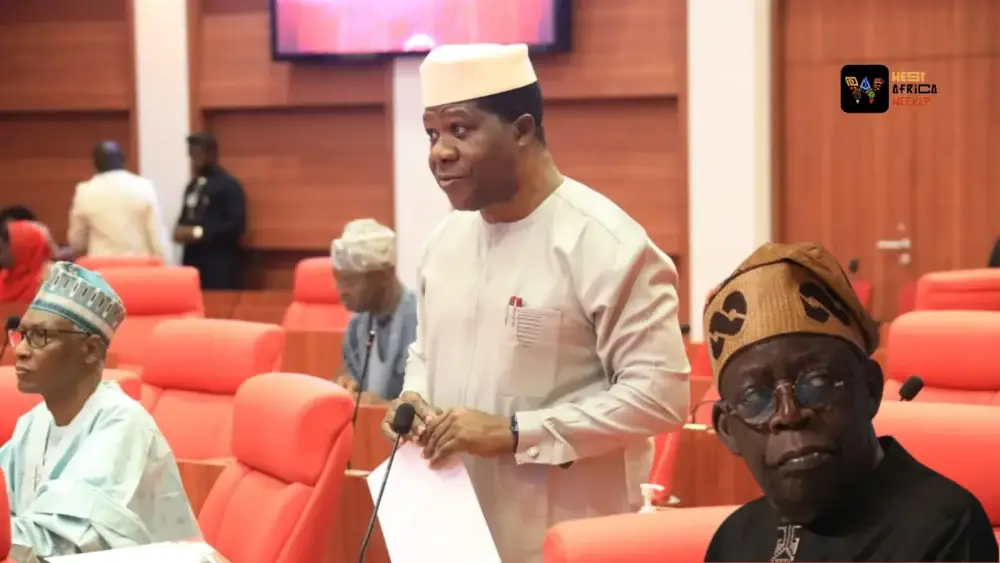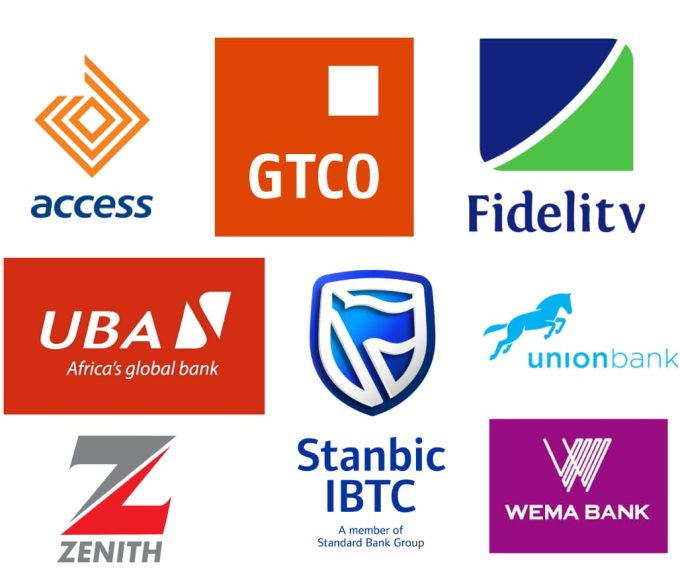
Nigeria’s Senate has passed for second reading a Bill seeking to amend the Finance Act 2023 and impose a “windfall” of 50 per cent taxation on foreign exchange (FX) gains realised by commercial banks in the country.
This is contained in a letter sent by President Bola Tinubu to the Senate on Wednesday, indicating a “windfall tax” on FX to be collected by the Federal Inland Revenue Service (FIRS).
There shall be levied and paid to the benefit of the Federal Government of Nigeria a tax of 50 per cent on the realised profits from all foreign exchange transactions of banks within the 2023 financial year,” the letter reads in part.
Following the President’s letter urging for swift consideration of the 2023 Finance Act Bill, sponsored by Senate Majority Leader Senator Bamidele Opeyemi, it was considered for first and second reading at the upper chamber.
Presenting the 2023 Finance Act Bill, Senator Opeyemi stated the President’s proposals are laudable and will enhance the critical needs of Nigerians, including funding capital, education, healthcare, and public welfare initiatives relative to the “Renewed Hope” agenda.
In an opposing view, Senator Seriake Dickson, representing Bayelsa West, argued that Nigeria is currently “economically depressed” to allow for more taxation.
Let’s step down the taxation of banks for wider consultation. We cannot run our government with continuous taxation. We should be cautious because we are managing a depressed economy. Even the banks are still battling with recapitalisation”, he said.
With other majority lawmakers voting in support of the Bill, it was referred to the Committee on Appropriation for further legislative input and is expected to report back in a week.
Meanwhile, the Bill seeking 50 per cent taxation on Nigeria’s recorded N3.37 trillion in foreign exchange revaluation gains in FY 2023 and Q1 2024 has led to citizens’ reaction, indicating additional financial burden as banks would pass the charges on customers if and when the proposed tax is enacted into law.
Also, Nigerians are demanding the possibility that the proposed tax would be used for public infrastructure development in a presumably corrupt political atmosphere.
Read : Star Garments Group Invests $15 Million in Togo, To Create 4,520 Jobs By 2030
Cape Verde’s National Union of Civil Aviation Pilots To Embark On A 6-Day Strike
About The Author
Mayowa Durosinmi
author
M. Durosinmi is a West Africa Weekly investigative reporter covering Politics, Human Rights, Health, and Security in West Africa and the Sahel Region
Mayowa Durosinmi
M. Durosinmi is a West Africa Weekly investigative reporter covering Politics, Human Rights, Health, and Security in West Africa and the Sahel Region
Related Articles
Tinubu, Shettima to Spend N12.2bn on Travel and Transport as Nigerians Struggle With Cost of Living and Insecurity
Details from Nigeria’s 2026 Appropriation Bill show that President Bola Ahmed Tinubu,...
ByWest Africa WeeklyJanuary 10, 2026Tinubu’s Govt Allegedly Uses Celebrities to Promote Tax Payments Despite Altered Tax Law
A wave of video clips circulating on social media shows high-profile Nigerian...
ByWest Africa WeeklyJanuary 9, 2026Rivers State Assembly Initiates Impeachment Proceedings Against Governor and Deputy
The Rivers State House of Assembly has begun impeachment proceedings against Governor...
ByWest Africa WeeklyJanuary 8, 2026Nigerian Banks Shut Down 229 Branches as Cost Pressures and Digital Shift Deepen
Nigeria’s banking sector has witnessed a significant contraction, with commercial banks shutting...
ByWest Africa WeeklyJanuary 5, 2026












